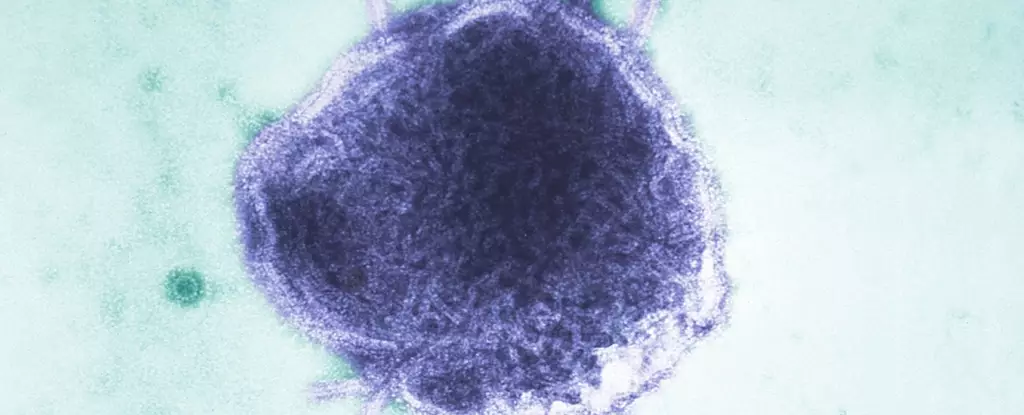In recent years, the return of measles has sent shockwaves around the globe, prompting urgent discussions about public health strategies and vaccination compliance. Both North and South America, as well as parts of Europe, have witnessed alarming increases in measles cases. As of early May 2025, the United States has reported a staggering 935 confirmed cases across 30 states, marking a significant increase from the 285 cases recorded in 2024. Meanwhile, Canada is grappling with its own crisis, having reported over 1,000 cases, and Europe is experiencing its highest levels of measles in 25 years. These figures not only reflect a local health crisis but highlight a global trend of vaccine hesitancy and public health complacency that could have devastating implications.
A Historical Perspective: From Elimination to Epidemic
The United States celebrated the elimination of measles in 2000, a monumental achievement credited largely to the comprehensive vaccination campaigns initiated in the late 20th century. Vaccination rates soared, reaching as high as 96% by the early 1980s, thanks in part to robust initiatives like the National Childhood Immunization Initiative and the Vaccines for Children program. However, this once well-controlled virus has begun to regain a foothold due to decreasing vaccination rates, particularly in pockets of unvaccinated populations, often fueled by misinformation and distrust in vaccines. The trajectory of measles from a near-eradicated disease to a public health concern is a glaring reminder of the fragile nature of herd immunity.
The Mechanism of Infection: A Highly Contagious Virus
Measles is among the most infectious diseases known to humanity, with one infected individual able to spread the virus to 12 to 18 others. This high reproduction number (R0) starkly contrasts with other viral diseases like influenza or COVID-19, making it imperative for 95% of the population to be vaccinated to protect community health. The necessity for this critical vaccination threshold underscores the importance of maintaining trust and accessibility in vaccine administration. When societal vaccination rates slip, the risk of outbreaks escalates, as we’ve now seen unfold across the Americas and Europe.
Impact of COVID-19 on Vaccination Rates
The COVID-19 pandemic has further complicated the landscape of vaccination, with lockdowns and healthcare disruptions leading to many children missing vital immunizations. During the pandemic, measles cases dramatically fell, but this decline was misleading. It masked a growing vulnerability, as millions of children went unvaccinated. Epidemiologists fear that the fallout of these missed vaccinations could manifest in the coming years, as evidenced by predictions that around 15 million children may be left susceptible to measles in the next five years if current trends continue.
The Consequences of Complacency
The resurgence of measles is not merely a statistic; it represents a looming public health crisis that demands immediate action. Recent data indicates that if vaccination rates do not improve, the U.S. could face as many as 850,000 measles cases over the next 25 years. This forecast grows even starker with the potential for 11 million cases if vaccine hesitancy worsens. Health authorities are sounding alarms akin to those in the pre-vaccination era when thousands of deaths were associated with this preventable disease. Public health officials must act urgently to reverse this trend and rebuild trust in vaccinations.
Strategies for Improvement: Consensus and Community Mobilization
Combating this rise in measles requires a coordinated effort to raise community vaccination rates. One effective measure could be a targeted increase of just 5% in vaccination coverage, which could substantially deter the predicted rise in cases. This approach necessitates comprehensive public health campaigns that not only reinforce the safety and efficacy of vaccines but also ensure that access to vaccinations remains free and available to all populations. Restoration of public trust through community engagement, transparent communication, and education on the importance of vaccinations will be vital in reversing the tide of misinformation.
The Road Ahead: Establishing a Culture of Vaccine Confidence
For measles to remain a preventable disease rather than an endemic threat, public health initiatives must move beyond simple awareness. They must address the barriers—be they socioeconomic, geographic, or informational—that keep people from vaccinating their children. A culture of vaccine confidence is not simply ideal; it is essential for protecting future generations. Only through persistent efforts can society hope to safeguard the hard-fought progress made against measles and other communicable diseases. The time for decisive action is now; complacency in the face of rising measles cases could lead us back to an era where preventable diseases claim lives and resources.


Leave a Reply